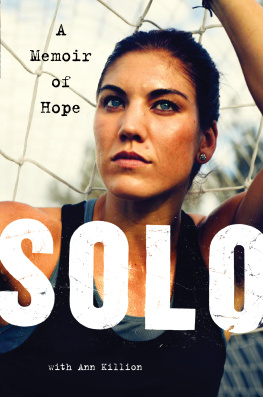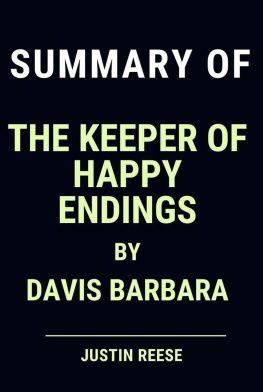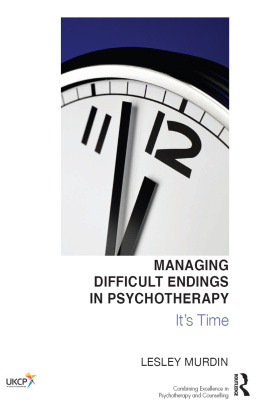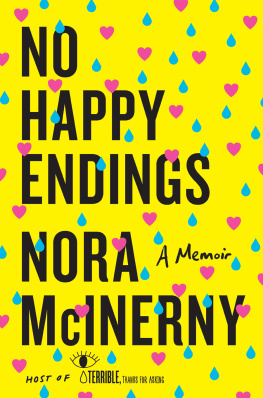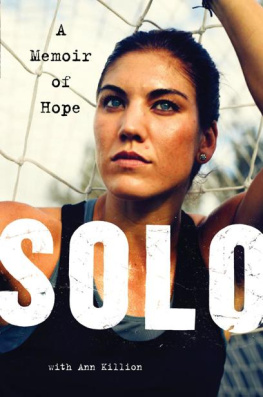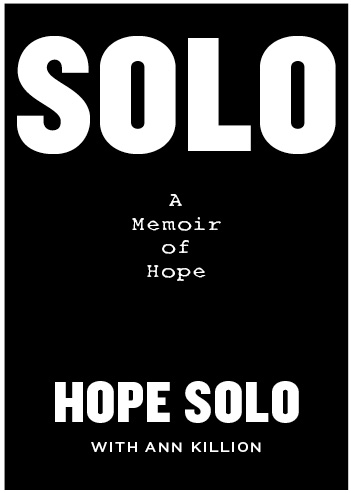
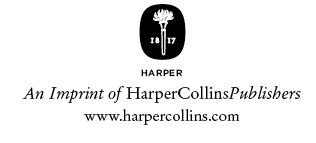
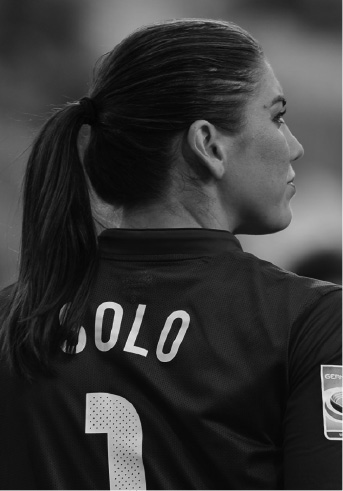
T O MY MOM, THE TRUE CHAMPION
W hen I was young and things in my life got crazy, I would think to myself, Im going to write a book someday. This book is my story, one Ive waited years to tell. It is my opportunity to share my life, in my own words, from my own perspective. The events and people I describe to you in the book are portrayed the way I experienced them. The conversations in the book all come from my clear recollections of them, but as a general rule they should not be taken as word-for-word recitations. In all instances, though, I have remained true to the essence, mood, and spirit of the exchanges.
Hope Solo, June 2012
CONTENTS
Life Behind the Smiley Face
Gods Second Paradise
A Double Identity
SomewhereAnywhereFar Away
Bare-Branched, but Ready to Bloom
The 99ers
I Should Have Died a Long Time Ago...
An Arm Like Frankenstein
Made in the WUSA
Baa, Baa, Black Sheep
Only a Daughter Cries Like That
Shadows
You Cant Go by a Gut Feeling
Stepping into Liquid
Dont Let the Devil Steal Your Joy
The New #1
Pretty Damn Sweet
Unprofessional Professionals
Seattles Finest
It Just Takes One
The Silver Lining
Bare-Ass Naked on a Lawn
I dont believe in happy endings, but maybe my mother did back when I was born. She had known a popular older girl in high school named Hope who had been nice to her; for her the name was imbued with a sense of friendship and belonging. My father said he viewed my birth as a fresh start, a chance for him to leave something good in a world that had brought him mostly trouble and bad luck.
Hope.
But my family doesnt do happy endings. We do sad endings or frustrating endings or no endings at all. We are hardwired to expect the next interruption or disappearance or broken promise.
Case in point: September 27, 2007. I sat on the bench in China, at the Womens World Cup. I had been the starting goalkeeper for the U.S. national soccer team for three years. We needed to win the most important tournament in soccer to reclaim our international dominance and prove to ourselves that we were of the same mettle as the 1999 World Cup championsthe greatest womens team in American sports history. We were incessantly compared to them, the team that had changed womens sports forever during the summer following my high school graduation. Not just a great athletic team, those players had molded a reputation of overwhelming goodness, the girls next door who kicked butt on the soccer field. They projected an image of best friendstheir closeness mythologized by a Nike ad campaign in which all team members announced to their dentist that they will have two fillings, in support of a cavity-prone teammate. The 99ers cast a long shadow, one we couldnt escape.
My father had died unexpectedly two months before the World Cup. I was emotionally fragile, even though I was strong between the posts. We won our group and trounced England in the quarterfinals. I dedicated my growing string of shutouts to my dad: three consecutive World Cup games without allowing a goal.
Yet for the semifinal game against talented Brazil, I lost my job. My coach, Greg Ryan, called me into a meeting two nights before the game. He wanted to replace me with a popular former starter, Briana Scurrya 99er who had been in goal for that championship and who had also shut down Brazil in the 2004 Olympic gold-medal game. But that was the past; Bri had barely played for three years, while I had ascended to the top spot. Yet Greg decided she would do better against Brazil based on those long-ago results.
Only a few of the old guard remained, but Greg claimed that one of those legends, Kristine Lilly, along with Abby Wambach, a younger player who had allied herself with the 99ers, had suggested the change. I felt betrayed, especially by Abby. It was a bitter disappointment, but not a complete shock.
II.
Fate, like some coaches, plays favorites. On the soccer field, I expected to be judged by my hard work and performance. Soccer made me a star in my hometown. It insulated me from hurts and harsh judgments. It lifted me out of eastern Washington and set me on a trajectory that only a few ever get to experience. It gave an anchor and order to my life, which too often had been defined by drama and chaos. But even the wins on the field, the growing success, couldnt overcome my fatalism, the sense that life was beyond my control. My fathers sudden deathafter he had finally found a calm place in his life after years of erratic, self-destructive behaviorwas all the evidence I needed.
Being benched in Hangzhou was still more proof that hard work and talent might not be enough. Devastated, I thought of my father: I had spread a little of his ashes inside the goal at every game until this one. He had planned to be here, watching his youngest child. He always called me his Baby Hope.
I thought of my familymy mother and brother, my grandparents and aunt, my best friends parents, my boyfriend, and my brothers fiancewho were sitting in the stadium. They had traveled around the world to support me. They were wearing black armbands in memory of my father. I had wanted to be strong and courageous for them, but now that chance was gone.
The game was a disaster almost from the start. Bri looked rusty, colliding with Brazilian forward Formiga as she came out on a free kick. In the twentieth minute, U.S. defender Leslie Osborne dove to head away a corner kick and ended up knocking the ball past Bri and into the net.
An own goal, the most demoralizing play in soccer. We were trailing 10.
Seven minutes later, Martathe most feared player in the worlddribbled down the right flank and was fouled by one of our defenders, who grabbed her shorts. Marta wriggled out of the grasp and blasted a shot into the lower right corner of the net. Bri dove and got a hand on it, but couldnt keep the ball from slipping past her. On the television broadcast, former U.S. womens coach Tony DiCicco told viewers at home that it was exactly the kind of shot Bri had once always stopped. If shes on her game, she makes this save, he said.
We were down 20, and it was about to get worse. In stoppage time of the first half, Shannon Boxx received her second yellow card of the game for taking down Brazilian forward Cristiane. It was a questionable call, but theres no appealing the referees decision. Boxx was sent off, and our team was going to have to play the entire second half a player shortten versus eleven, for forty-five minutes.
I didnt feel vindicated by what was happening. I was distraught. I couldnt believe how poorly our team was playingat every position. I knew we were so much better than this.
Watching from the bench in the second half, I witnessed the complete collapse of my team and our four-year dream. Eleven minutes into the second half, our defense was out of position and Cristiane flicked in another goal. Brazil 3, U.S. 0.
I sat at the end of the bench, stunned and pissed, and my face broadcast those emotions to everyone watching. It usually does. I dont try to sugarcoat bad news. At that pointin the midst of the worst loss in our teams historysmiling happily seemed pointless and fake.

